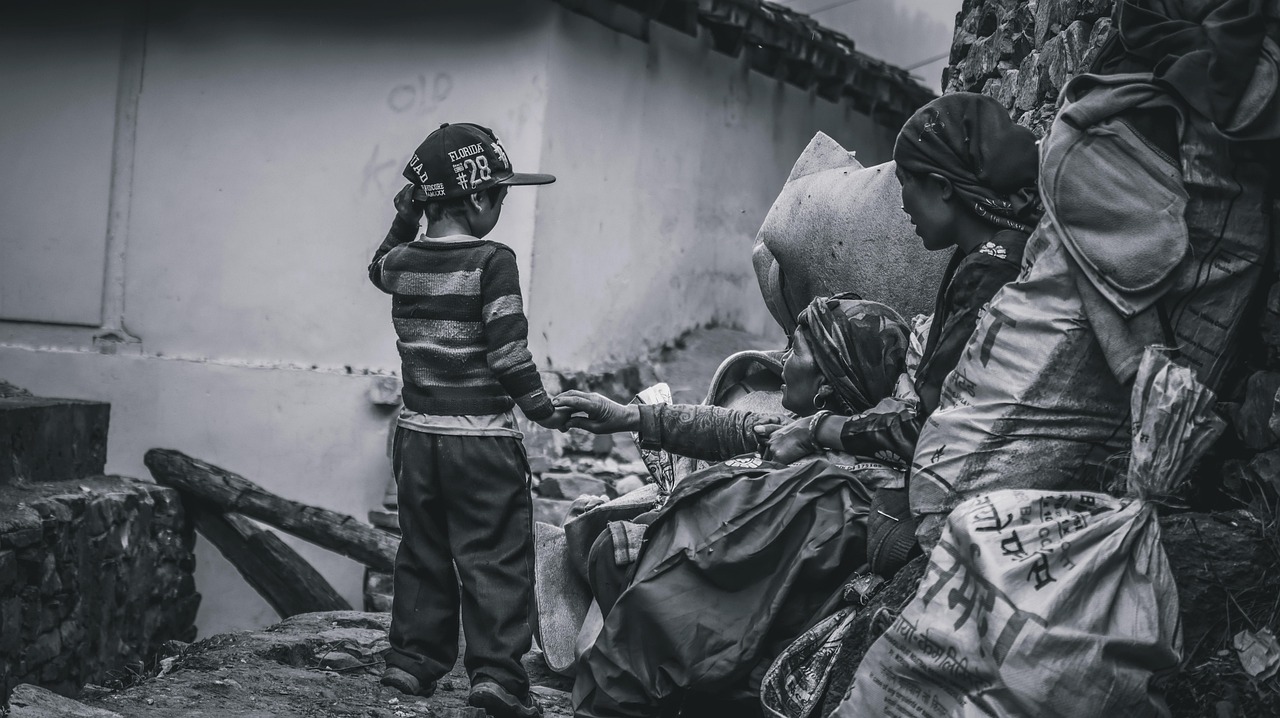Context and Issue
Girls in Ethiopia, particularly in remote areas like South Wollo, South Gondar, and Arsi, faced significant barriers to education. Early marriage forced many girls out of school and into domestic roles, while risky migration exposed them to exploitation and violence. The heavy burden of domestic chores left little time for studies, and schools often lacked safe, stimulating learning environments. Additionally, many girls had limited access to essential learning materials and financial support for school fees. Teachers in these regions were often undertrained and unsupported, making it difficult to address the specific educational needs of girls. Prevailing gender norms and societal expectations further limited girls' aspirations and opportunities, discouraging them from pursuing education. Sexual and reproductive health challenges, including a lack of access to sanitary pads, significantly affected school attendance and participation. Furthermore, girls faced numerous psychosocial challenges, such as low self-esteem and confidence, exacerbated by these educational and societal barriers, resulting in high dropout rates and limited opportunities for further education and employment.
Solution
The "Excelling Against the Odds" (EAO) project, implemented by ChildHope UK in partnership with the Organisation for Child Development and Transformation (CHADET) in Ethiopia from April 2017 to March 2021, aimed to support 16,480 marginalized girls aged seven to eighteen in remote areas to access and succeed in education. The project addressed critical barriers such as early marriage, risky migration, and heavy domestic work, funded by the UK Foreign, Commonwealth and Development Office (FCDO) through the Girls’ Education Challenge (GEC). EAO created safe learning spaces in 74 schools, provided financial and material support for 1,250 girls, and established weekly homework tutorial clubs attended by 7,400 girls. Additionally, 484 teachers received training and mentoring, and 109 Communities of Practice were set up to promote collaborative teacher development. The project also formed Girls’ Clubs with 6,875 participants, which significantly improved academic self-efficacy, and Good Brothers’ Clubs with 3,803 boys to promote gender equity. EAO addressed sexual and reproductive health barriers by setting up 74 sanitary corners, making it easier for 83.1% of girls to access sanitary wear. During the COVID-19 pandemic, EAO adapted by providing distance learning materials to over 91% of girls, offering psychosocial counseling to 35.9% of girls, and distributing 37,616 bars of soap and 13,000 hygiene leaflets to limit the virus's spread. These comprehensive efforts led to significant improvements in girls' safety, self-esteem, and educational outcomes.
Impact
The implementation of the "Excelling Against the Odds" (EAO) project had a significant positive impact on the educational and personal development of marginalized girls in Ethiopia. By the end of the project, 96% of girls reported feeling safe in school, a crucial improvement given the previous concerns about safety. The establishment of Girls’ Clubs, which had 6,875 participants, led to a 99% transition rate through school grades for club members and significantly improved their academic self-efficacy and self-esteem. The project also successfully reduced the rate of early marriages within the project cohort from 1.9% to 0.6%.
EAO's provision of financial and material support enabled 1,250 girls from the most marginalized homes to continue their education, while weekly homework tutorial clubs benefited 7,400 girls by providing extra academic support. Additionally, 484 teachers received training, mentoring, and coaching, leading to improved teaching practices tailored to girls' needs. The establishment of 109 Communities of Practice fostered collaborative and reflective professional development among teachers, with 93% of them reporting improved teaching practices.The project addressed sexual and reproductive health barriers by setting up 74 sanitary corners in schools, which helped 83.1% of girls find it easier to access sanitary wear, reducing absenteeism related to menstruation. During the COVID-19 pandemic, EAO adapted by providing distance learning materials to over 91% of girls, offering psychosocial counseling to 35.9% of girls (all of whom found it helpful), and distributing 37,616 bars of soap and 13,000 hygiene leaflets to limit the virus's spread.












